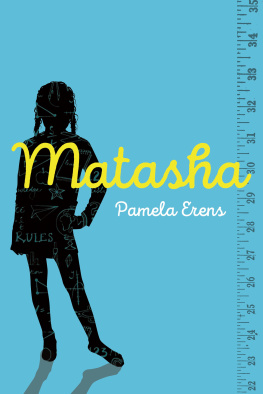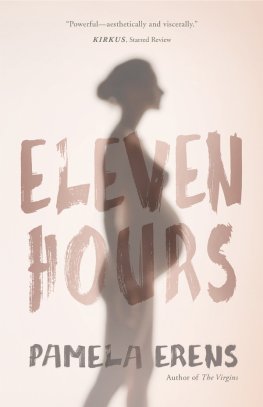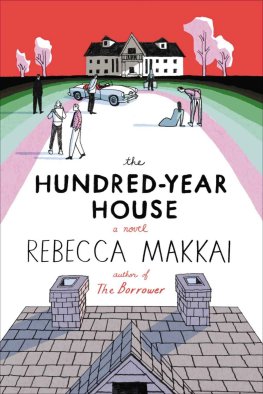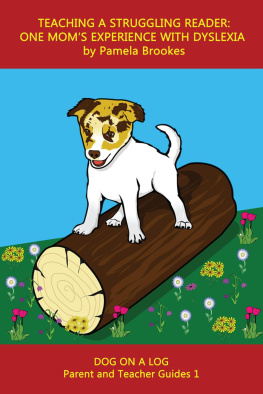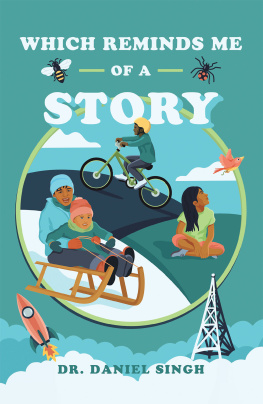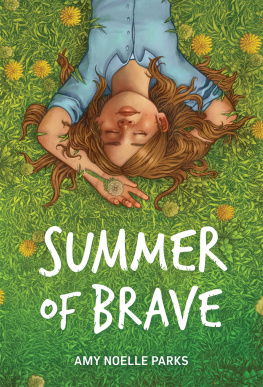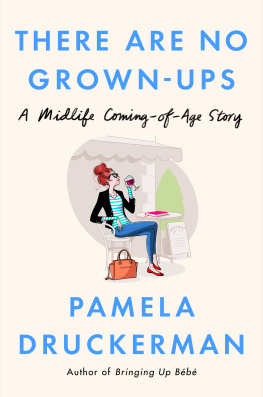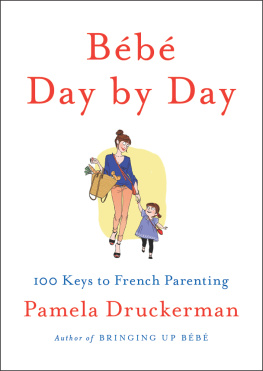Pamela Erens - Matasha
Here you can read online Pamela Erens - Matasha full text of the book (entire story) in english for free. Download pdf and epub, get meaning, cover and reviews about this ebook. year: 2021, publisher: IG Publishing, genre: Science fiction. Description of the work, (preface) as well as reviews are available. Best literature library LitArk.com created for fans of good reading and offers a wide selection of genres:
Romance novel
Science fiction
Adventure
Detective
Science
History
Home and family
Prose
Art
Politics
Computer
Non-fiction
Religion
Business
Children
Humor
Choose a favorite category and find really read worthwhile books. Enjoy immersion in the world of imagination, feel the emotions of the characters or learn something new for yourself, make an fascinating discovery.
- Book:Matasha
- Author:
- Publisher:IG Publishing
- Genre:
- Year:2021
- Rating:3 / 5
- Favourites:Add to favourites
- Your mark:
Matasha: summary, description and annotation
We offer to read an annotation, description, summary or preface (depends on what the author of the book "Matasha" wrote himself). If you haven't found the necessary information about the book — write in the comments, we will try to find it.
Beautifully renders the slow-motion alchemy of growing up; mesmerizing and memorable.
KIRKUS (starred review)
Matasha evokes a time and a place and a childhood with startling honesty and clarity, honoring the intelligence of a curious younger reader and the sophistication of an older reader alike. Ill follow Pamela Erens anywhere, and am not surprised that this is where shes led me: to a brilliant, hilarious, sharp-edged novel for everyone.REBECCA MAKKAI,author of The Great Believers
Authentic, witty, and painful, Matasha is a delightful middle grade debut, crammed with delicious period details. Matasha, an only child, must navigate awkward friendships, growth-hormone treatments, and parents who always bewilder and disappoint. A 1970s coming-of-age story that rings true of thenand now.MARINA BUDHOS, author, The Long Ride and Watched
Matashas brave and original heroine reminds me of Harriet the Spy and Blubber, her perspective captivating and inimitable. Its a joy to watch Matasha grow up, making meaning of everything. This novel has tremendous sweep and scope, with all the joys, sorrows, and revelations of a real girlhood.RACHEL DEWOSKIN, author of Big Girl Small, Blind, and Someday We Will Fly
The narrator of Matasha may be small for her age but she is years ahead of her peers in how she faces a growing series of challenges. Matasha has to deal with the casual cruelty of her classmates, her growing alienation from her longtime best friend, her increasing awareness of her mothers dissatisfaction, and her own health issues, handling them all with a thoughtfulness that feels realistic (especially when interrupted by the occasional spectacular temper tantrum). Readers of all ages will enjoy seeing 1970s Chicago from her vantage point. MICHELLE FALKOFF, author of Playlist for the Dead and How to Pack for the End of the World
Tender, funny, and endlessly surprising, Matasha perfectly captures the confusion of being an eleven year old girl and trying to solve all of lifes mysteries, big and small. This wonderful bookand the wonderful girl at its centerwill stay with me for a very long time.ROBIN WASSERMAN, author, Girls on Fire, The Book of Blood and Shadow and Hacking Harvard
Its 1970s Chicago. Eleven-year-old Matasha Wax is in the sixth grade and just starting to feel the pressures of growing up. Her best friend Jean has been blowing her off, while her parents are in a standoff over her mothers desire to adopt a refugee from Vietnam. And while the bullies in school have started to grow breasts and inches, Matasha remains a puny four-foot-four which means she will need growth hormone shots, and she is terrified of needles. Apart from her daily reading of the advice columns in the newspaper, keeping up with the Patty Hearst and Watergate scandals, and tracking her parents deteriorating marriage, Matasha is fixated by the story of Martin Kimmel, a nine-year-old boy who disappeared a few months ago, and whose body has yet to be found. But none of these ongoing problems could have prepared Matasha for her mothers sudden disappearance. When the letters start coming from Switzerland, she knows something is very, very wrong but no one will tell her whats going on, so Matasha has to figure it all out for herself. A tale of growing up and growing apart, Matasha is a poignant look at resilience in the face of adolescent loneliness, divorce, bullying and slow development. Pamela...
Pamela Erens: author's other books
Who wrote Matasha? Find out the surname, the name of the author of the book and a list of all author's works by series.

